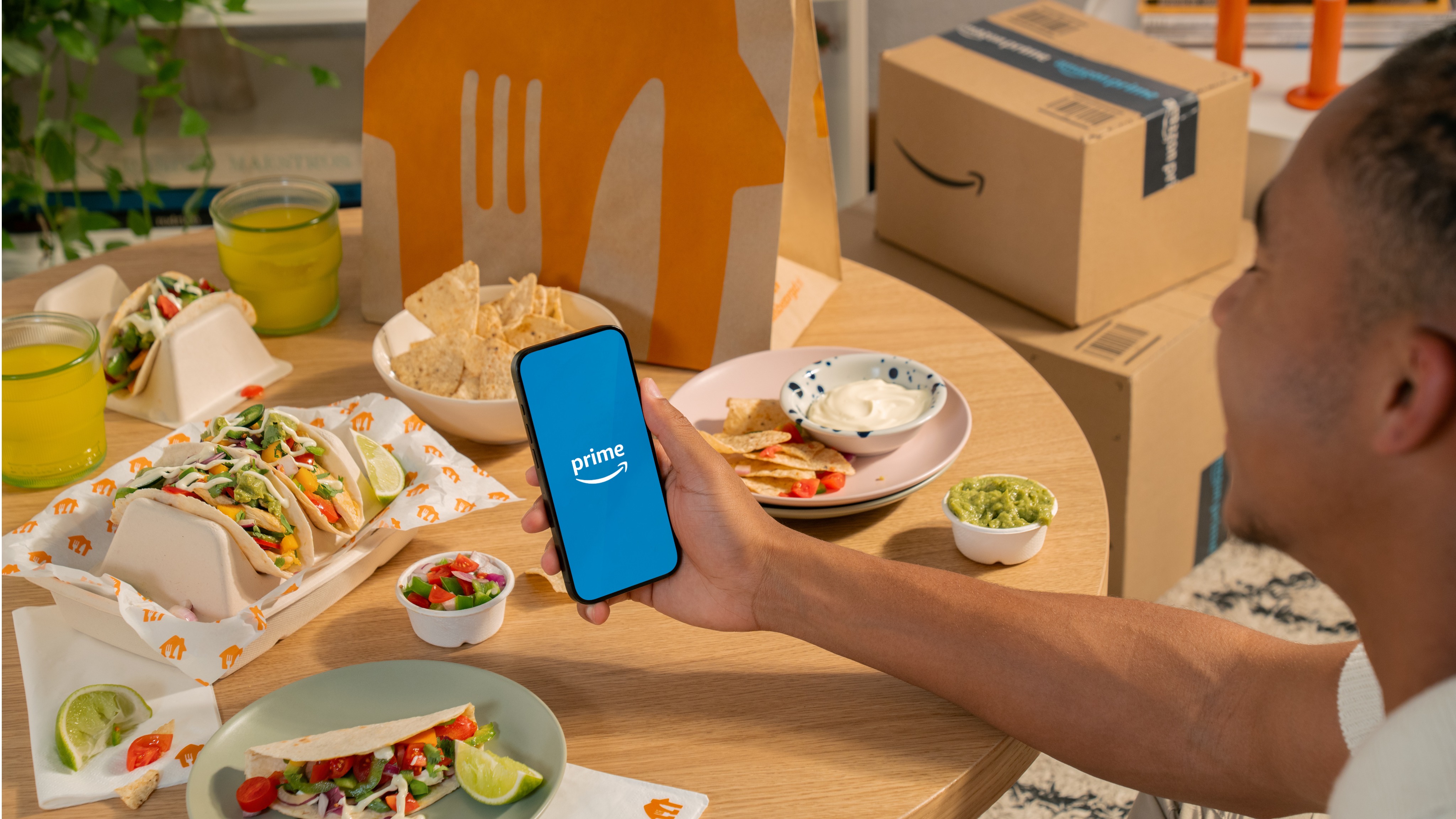Ecommerce giant Amazon has rolled out Project Amelia, a generative AI assistant that seeks to deliver bespoke selling advice for businesses to boost productivity and drive seller growth.
The AI technology was developed using Amazon Bedrock, a service that offers a choice of high-performing foundation models (FMs) from leading AI companies like AI21 Labs, Anthropic, Cohere, Meta, Mistral AI, Stability AI, and Amazon.
Project Amelia is developed using a combination of broad world knowledge that informs many generative AI solutions, coupled with expertise and specialised knowledge of selling on Amazon, with the aim of providing tailored advice for sellers on its platform.
Sellers can ask Project Amelia questions to get guidance and relevant, summarised information on how to boost sales, comply with different regulations, advertise their products and brands, forecast sales trends, oversee their supply chains, and ensure appropriate inventory levels and placement.
The system is available in beta from any page within Seller Central at any time.
The move comes as the retailer has recently rolled out a range of generative AI tools that aim to streamline seller operations and improve customer experience.
One is a workplace chatbot called Amazon Q that helps corporate customers search for information, write code, and review business metrics. Rufus is another AI-powered shopping service that helps consumers shop and research products on Amazon’s web store.
For the merchants, the company has introduced software designed to help them optimise product listings and create or modify images. On Thursday, Amazon said it would also give them tools to create product videos.
Amazon said in a statement it started investing in AI 25 years ago with the aim of including new technologies in all areas of its business, from powering shopping experiences to developing new solutions for its selling partners.
As Amelia evolves, it will provide a more personalised experience and will increasingly gain the ability to not only converse with sellers but anticipate their needs, take actions, and resolve issues on their behalf, Amazon said in a statement.
Latest News
-
Debenhams first UK retailer to roll out PayPal’s agentic AI assistant
-
Starbucks installs new payment tech in 943 European stores
-
Asos opens immersive London pop-up shop to showcase viral beauty range
-
EE launches in-store AI safety appointments
-
Amazon Pharmacy expands same-day prescription delivery service to 4,500 US cities
-
New Look loyalty scheme hits one million members
Beyond Channels: Redefining retail with Unified Commerce
This Retail Systems fireside chat with Nikki Baird, Vice President, Strategy & Product at Aptos will explore how unified commerce strategies enable retailers to tear down these barriers and unlock new levels of operational agility and customer satisfaction.
The future of self-checkout: Building a system that works for consumers and retailers
In this webinar, industry leaders discussed what the future of self-checkout looks like and how retailers can make the technology work for everyone.
© 2024 Perspective Publishing Privacy & Cookies










Recent Stories